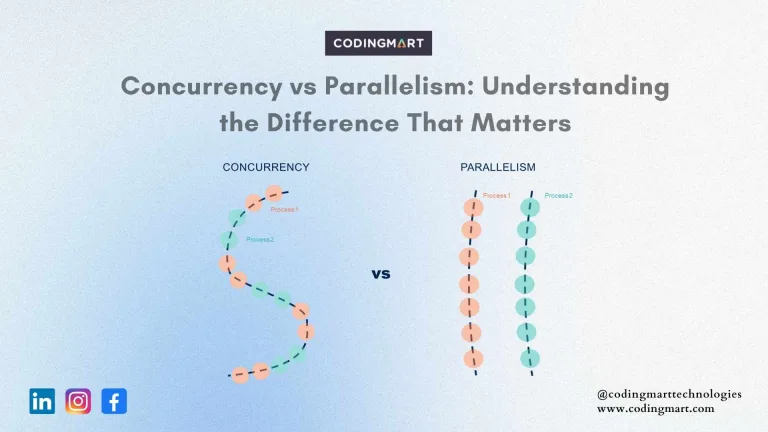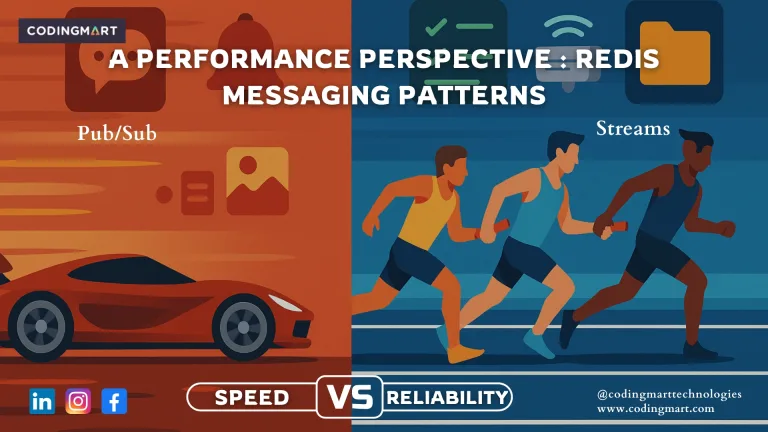blogs
E-Commerce with Mobile Apps & Websites | Key Strategies
In the current era of social media, there’s almost nothing that’s not available online. You name service or product, they’ll be available online for sure. That’s how companies like Google, Apple, Amazon, Alibaba, etc have transformed businesses. Thanks to Reliance Jio, for making all these possible India. Had Jio not slashed the prices of the internet and created a revolution in the telecom industry, no one would have imagined how pathetic internet prices and e-businesses would be.
Websites for e-commerce:
When the computer era began, websites slowly started to creep into the world and then into organizations and then into businesses. Today, almost all businesses have an online presence and most of them own a website. Previously, the websites used to be static and informative. Now, they have taken a leap and most of the websites are dynamic and responsive. Websites can either be built from the
How beneficial can websites be?
A website that is well built, responsive, takes less time to load, user-friendly and search engine friendly is a treat to any customer and the business. The cherry on the top is that it is possible to completely teach what our website is about and what we do to the search engine via Search Engine Optimization (SEO).
Thinking of websites, e-commerce is the first business that comes into our mind. It is estimated that there are around 12 to 24 million e-commerce websites around the world, with many websites being created day by day.
Many buyers visit websites through Google searches. So, it’s important to make sure that your website answers most of the questions customers have. The first thing to do to get the maximum benefit of a website is, SEO. A website with zero broken links, effective keywords, sitemaps, robot.txt, etc, will rank higher in the Google search results and therefore drives great traffic to your website, which in turn leads to an increase in potential leads and sales.
Often, add coupons and discounts during festive seasons, special occasions and don’t forget to market and promote it on your social media channels. Add a call to action wherever needed on the website to track the number of people who are really interested in your business. Also, don’t make the buying process too difficult. These are the ways to get the best out of your website.
Mobile apps for e-commerce:
Since smartphones started getting into the hands of the maximum population, mobile apps started gaining momentum. Thinking of mobile apps, OTT platforms and social media sites come into our minds. Ecommerce and Entertainment Apps also deserve a top place.
When you think of launching a mobile app for your e-commerce business, there are certain steps to follow. Make sure that your app is not buggy and doesn’t crash. Keep the code minimal. Lengthy code will result in inefficiency and make it tough to find errors and updates.
Provide app-specific discounts and coupons to encourage users to use your app. Push notifications form the greatest advantage of mobile apps. Use them effectively to announce hot deals and giveaways. At the same time, make sure that the notifications are not too frequent, annoying, and irrelevant.
Give users multiple options to sign up and sign in. Make the check out process simple and do not add too many steps as it may result in cart pending.
Should I go for a mobile app or website or both of them?
It depends completely on the type of your business and your customer base. If you have a repeat customer base (frequent customers), there are high chances that those customers will use your app. You can even use ads to boost your revenue on both the platforms. To conclude, If notifications are your priority than emails and you want to give your customers a seamless smartphone experience, then mobile apps are best to go with.


